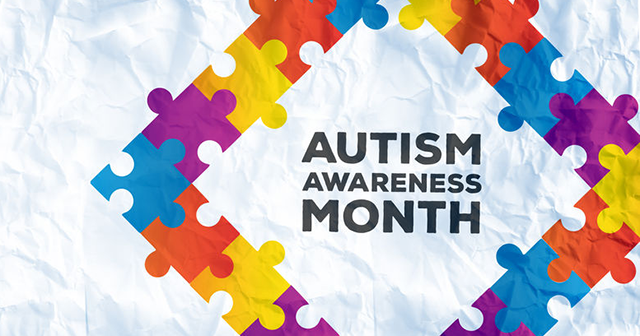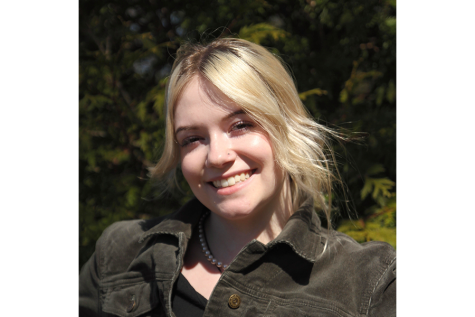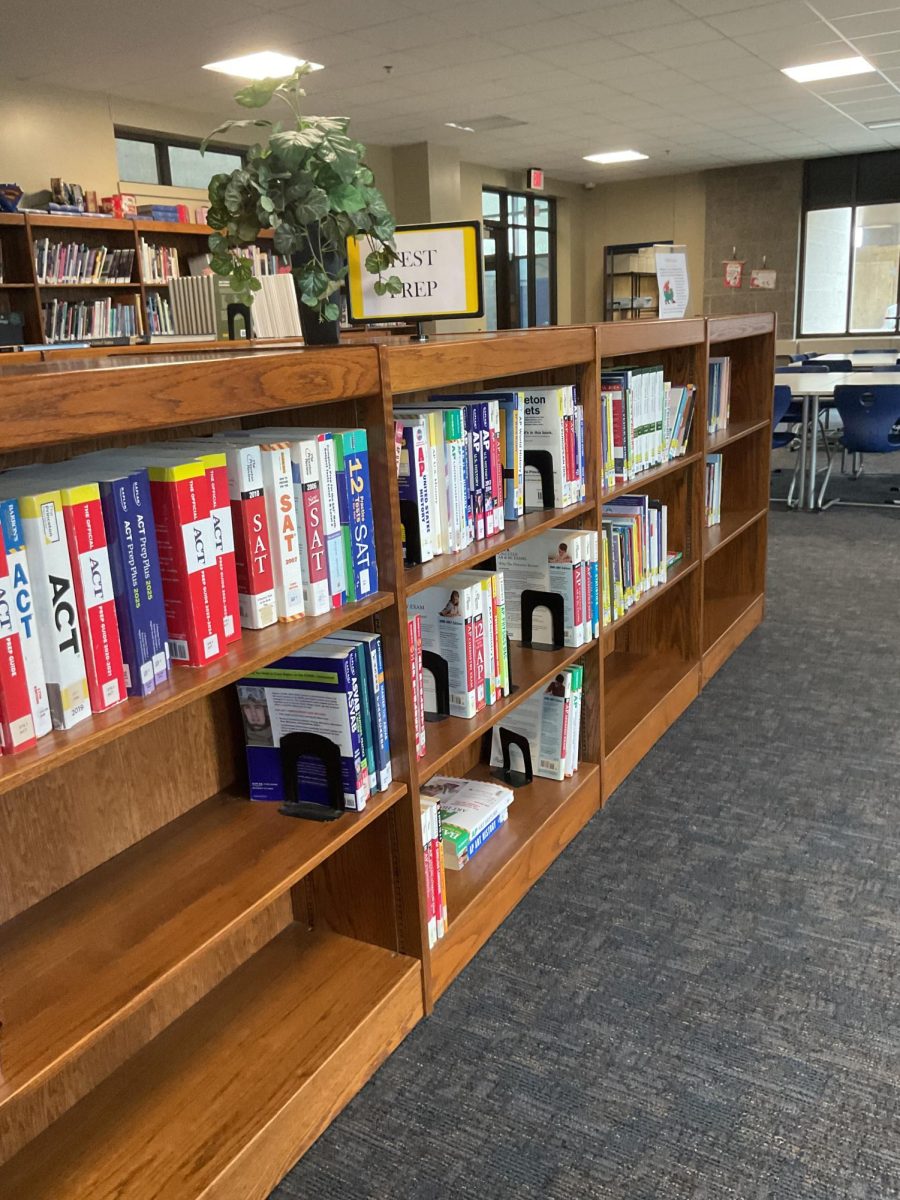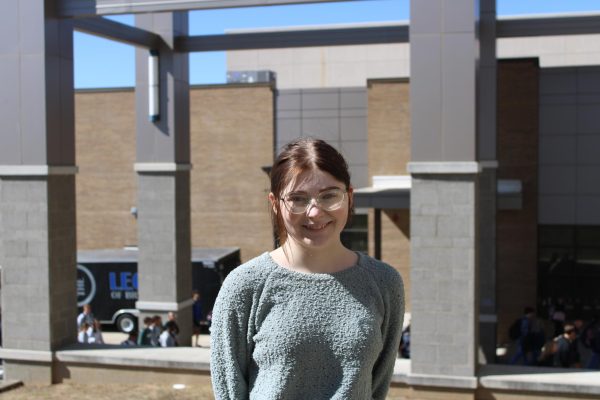The Importance of Autism Awareness
Bryant Student speaks out about misleading opinions and social affects regarding Autism
May 13, 2022
April, Autism Awareness Month, recognizes those with diagnosed Autism and proposes worldwide awareness and acceptance for the Autism community.
The definition of Autism and what it means has evolved with more science and research. Autism Awareness Month was first created in 1972 when the Autism Society, founded by Lorna Wing, launched the first annual National Autistic Children’s Week. In 1908 psychiatrist Eugen Bleuler classified Autism as “A schizophrenic patient who had withdrawn from his own world.” Since this misinterpretation, there are still lingering stigmas about what it means to be autistic.
An anonymous student of Bryant High School who chooses not to be named due to the negative connotations behind Autism will be referred to as Student A, who has faced these stigmas themselves, and has experienced affects socially and academically.
“I really don’t know how it has helped me academically,” Student A said. “ I’ve definitely faced a lot of highs and also a lot of lows because I can be so focused on my work and then I can explode into a flurry of emotion where everything becomes so blurry to me and I don’t know how to understand anything when it comes to schoolwork.”
“Hyper Fixations kind of go a long way because I’ve gone through so many I can’t really keep track of them but if you were to ask me something very specific like something in a random TV show I would be able to pinpoint every plot without thinking,” Student A said.
Music is a widely used tool to help regulate emotion and stimulate people with Autism. Because music is processed in both hemispheres of the brain, it allows more stimulation causing better cognitive function and behavior. Student A believes that music and photography helps when feelings of anxiety and stress come flooding in.
“Music is a huge factor to actually bring me down. It really soothes my senses just because it keeps me really focused,” Student A said. “Photography helps as well, because I’m actually able to manipulate light and make images so perfect according to my wants.”
Anonymous believes that autism has made them fit in as well as stand out.
“I’ve definitely felt like the black sheep,” Student A said. “I’m literally the middle child of 5 kids in my family. All my other siblings kind of fit into an outsider category which also makes us all cool now. I used to get bullied a lot back in elementary because other kids would make me feel stupid.”
Masking, a survival strategy for autism, can be seen in many different forms such as camouflaging to adapt in social groups, hiding characteristics that make it appear noticeable, and intentionally learning neurotypical behaviors. Student A believes this mechanism helped their autism become invisible.
“I can put on a good mask for some people,” Student A said. Not everyone knows me as the same person. I can put on different personalities with people. I don’t really read the room a lot. It’s kind of hard to read a lot of emotions. Sometimes I had that problem a lot growing up.”
Diagnosis of Autism has increased over the years dramatically due to the advancement of screenings, awareness, better access to healthcare, and broadened diagnostic criteria. In 2021, CDC reported that approximately 1 in 44 children in the US are diagnosed with (ASD) Autism Spectrum Disorder. With more prevalence in social media, it has been made easier to emulate the traits of Autism and self diagnose without being assessed professionally. For those who endure the everyday struggles of Autism and its effects mentally and in their interactions, seeing others who use it as an excuse for certain behavior can be offensive. Student A believes that Autism shouldn’t be used as a crutch or personality trait.
“I’ve seen some kids do some questionable things and say ‘Oh sorry guys that’s my autism,’” Student A said. “Don’t use it as an excuse, it’s supposed to be an explanation for how you are and you’re supposed to learn from it and grow from it. I feel like the environment can play a huge factor in the way everyone grows. Not everyones the same, some people function differently and we have to respect that.”
Because of the vastness of the internet, people of all walks of life can connect with each other and discover content that they relate to or that interests them. As such, people who don’t do well in social environments can find more comfort behind a screen. Student A believes that growing up with the internet world has helped to shape them into who they are in a positive light.
“It helped me which is weird to say because for a lot of people it destroys them but for me i grew up on the internet,” Student A said. “I watched funny little internet videos on youtube. I watched TV alot and sitcoms growing up and it definitely helped me form a basis of like, ‘oh this is how you’re supposed to analyze emotions, this is how situations happen between people.’”





